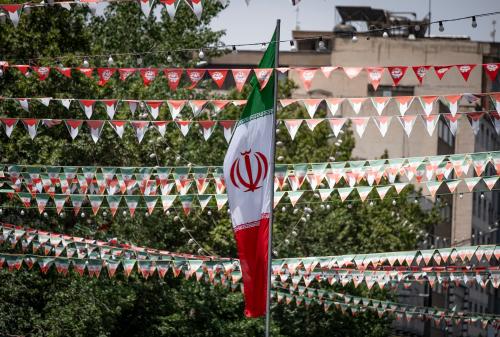Eleanor Hall: He has been playing host to Australia’s John Howard, but tomorrow US President George W. Bush will roll out the red carpet for the Indian Prime Minister, Manmohan Singh.
In a sign of just how important the Indian relationship now is to the United States, President Bush is hosting a rare State Dinner to honour the Indian leader. It’s the first State Dinner since the President was re-elected last year and only his fifth since taking office, as Leigh Sales reports from Washington.
Leigh Sales: For most of the past fifty years, the United States and India have had a very frosty relationship. During the Cold War, India forged solid relations with the Soviet Union, an act the US considered treacherous.
But after the Cold War ended, India and the US started to build ties, despite the setback of India’s 1998 nuclear tests, and at the moment, the bilateral relationship is in its best shape in decades.
Alongside expanding trade and investment, both sides want to build a strategic partnership. India thinks that would be useful in helping it achieve the ‘great power’ status it’s seeking, while the US sees the value in having a non-Western ally in a sometimes volatile region.
By 2020, both India and China are predicted to be challenging the United States for global economic supremacy. But why does China attract so much attention, and India, comparatively so little?
Stephen Cohen is an expert on India, formerly of the State Department, now with the Brookings Institution.
Stephen Cohen: People pay more attention to things that they fear and they worry about and nobody worries that much about India, you know? It’s the squeaky wheel that gets the grease — I’m sure that’s an Australian proverb also — and India hasn’t squeaked very much except when it conducted the nuclear tests.
Then it certainly got a lot of attention, high level attention from the Clinton administration and that showed the Indians that being nasty can actually be beneficial. They certainly attracted our attention by hitting us over the head with a hammer, a nuclear hammer.
So I think that …
Leigh Sales: So does that mean India could squeak in the future?
The Brookings Institution is committed to quality, independence, and impact.
We are supported by a diverse array of funders. In line with our values and policies, each Brookings publication represents the sole views of its author(s).



Commentary
India: Squeaking Into the Future?
July 18, 2005